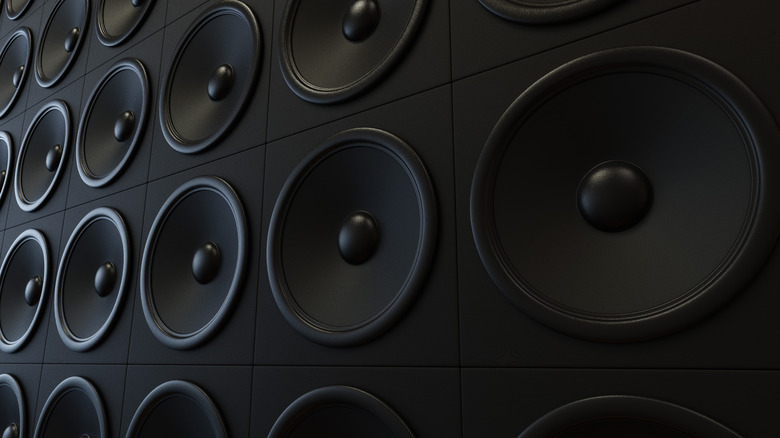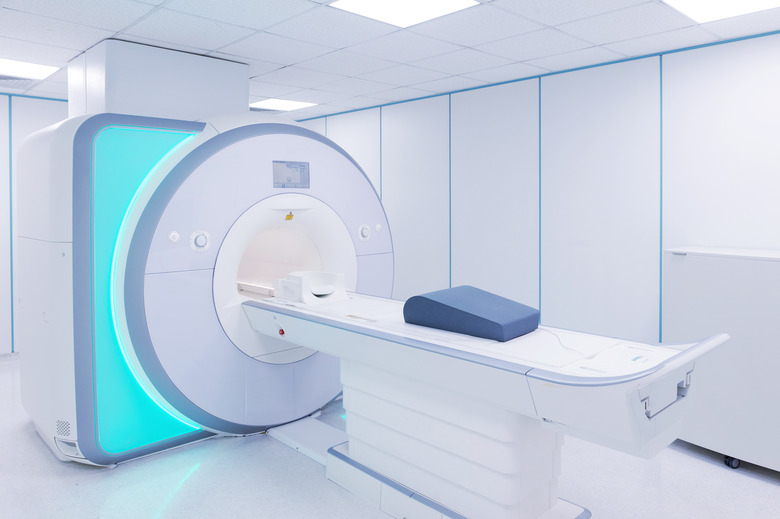Everyday Uses Of Magnets
Just like the planet Earth, magnets have a north pole and a south pole. The opposite poles attract each other, while the like poles repel each other. This creates a magnetic field that causes magnets to stick to some metals such as iron and nickel, as well as to other magnets.
The Roman Empire and ancient Greek and Chinese civilizations took advantage of magnetic energy to improve their day-to-day lives. In the 21st century, magnets continue to be versatile tools that assist people around the world in many different ways beyond serving as decorations on a refrigerator.
Speakers
Speakers
Whether they are in a TV, computer or headphones, speakers that project sound use magnets. Inside a speaker, there is a cone, an electromagnet in the form of a coil and a permanent magnet.
Sound is a mechanical wave. Electromagnetic coils inside speakers respond to the electric current coming in. When the coil moves with the help of the permanent magnet, it pushes and pulls on the speaker cone. These electromagnetic interactions affect the air in front of the speaker and create sound waves for us to hear.
Compass
Compass
Compasses help countless travelers find their way using a magnetic field. A compass needle aligns itself with the Earth's magnetic field, so it always points north. For hundreds of years, this gave wanderers and explorers a reliable and stable sense of direction. Compasses had an important impact on history as they enabled geographical discoveries.
MRI
MRI
Magnetic resonance imaging (MRI) is a medical scanning technique that uses strong magnetic fields and radio waves to produce detailed images of the body. This process occurs as a patient reclines on a table that moves into a machine with a doughnut-shaped opening for the body scan.
A magnet is the most vital part of the MRI system. It uses the body's natural magnetic properties to produce detailed images from every part of the body. Thanks to this process, MRI scans enable doctors to diagnose and treat patients accurately.
Computers
Computers
Every time you store photos, music or text documents on your computer, you use magnets.
Hard disk drives store the data thanks to the billions of magnets that cover them. Computers process data in zeros or ones, depending on whether the current is present or not. The north and south poles of these magnets on the surface of hard disk drives can represent either zeros or ones, enabling the data storage through the function of the magnets to attract and repel.
Cite This Article
MLA
Tali, Didem. "Everyday Uses Of Magnets" sciencing.com, https://www.sciencing.com/everyday-uses-magnets-5314850/. 13 April 2018.
APA
Tali, Didem. (2018, April 13). Everyday Uses Of Magnets. sciencing.com. Retrieved from https://www.sciencing.com/everyday-uses-magnets-5314850/
Chicago
Tali, Didem. Everyday Uses Of Magnets last modified March 24, 2022. https://www.sciencing.com/everyday-uses-magnets-5314850/


